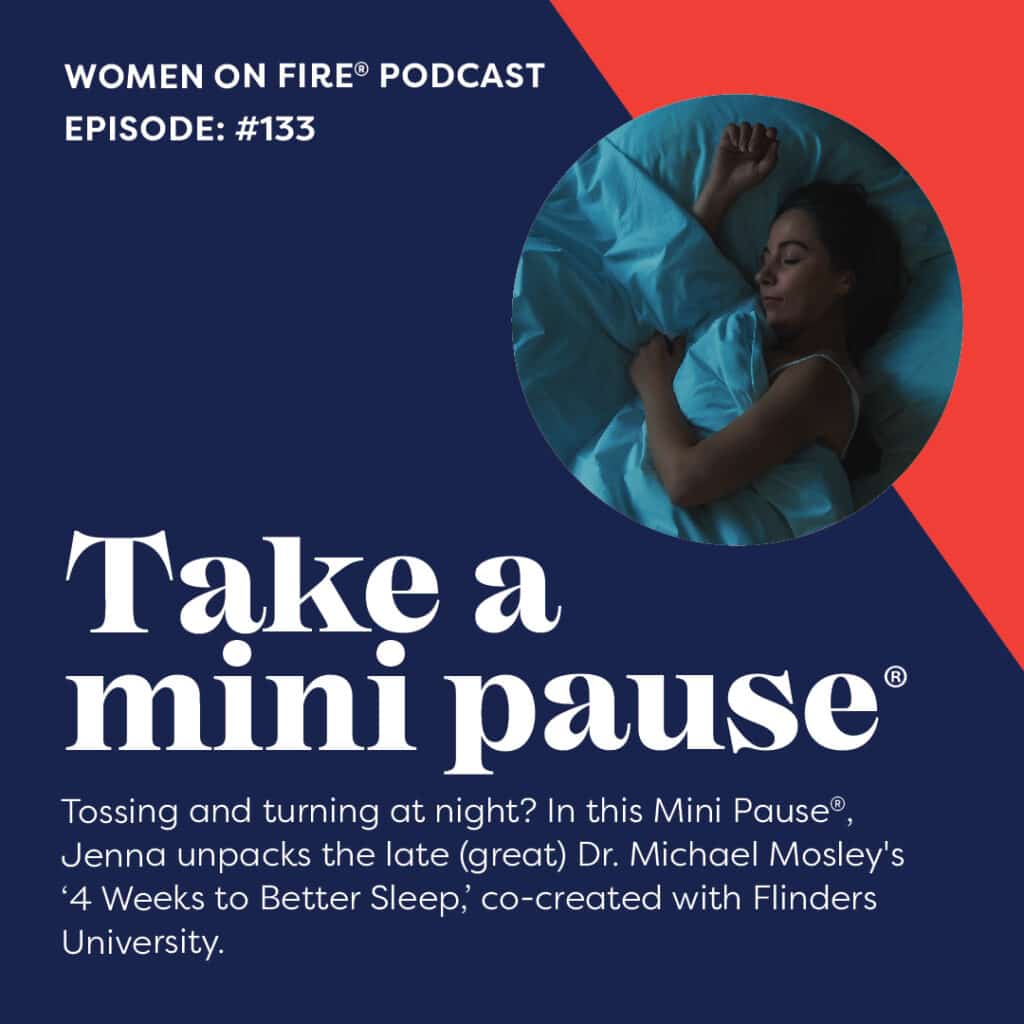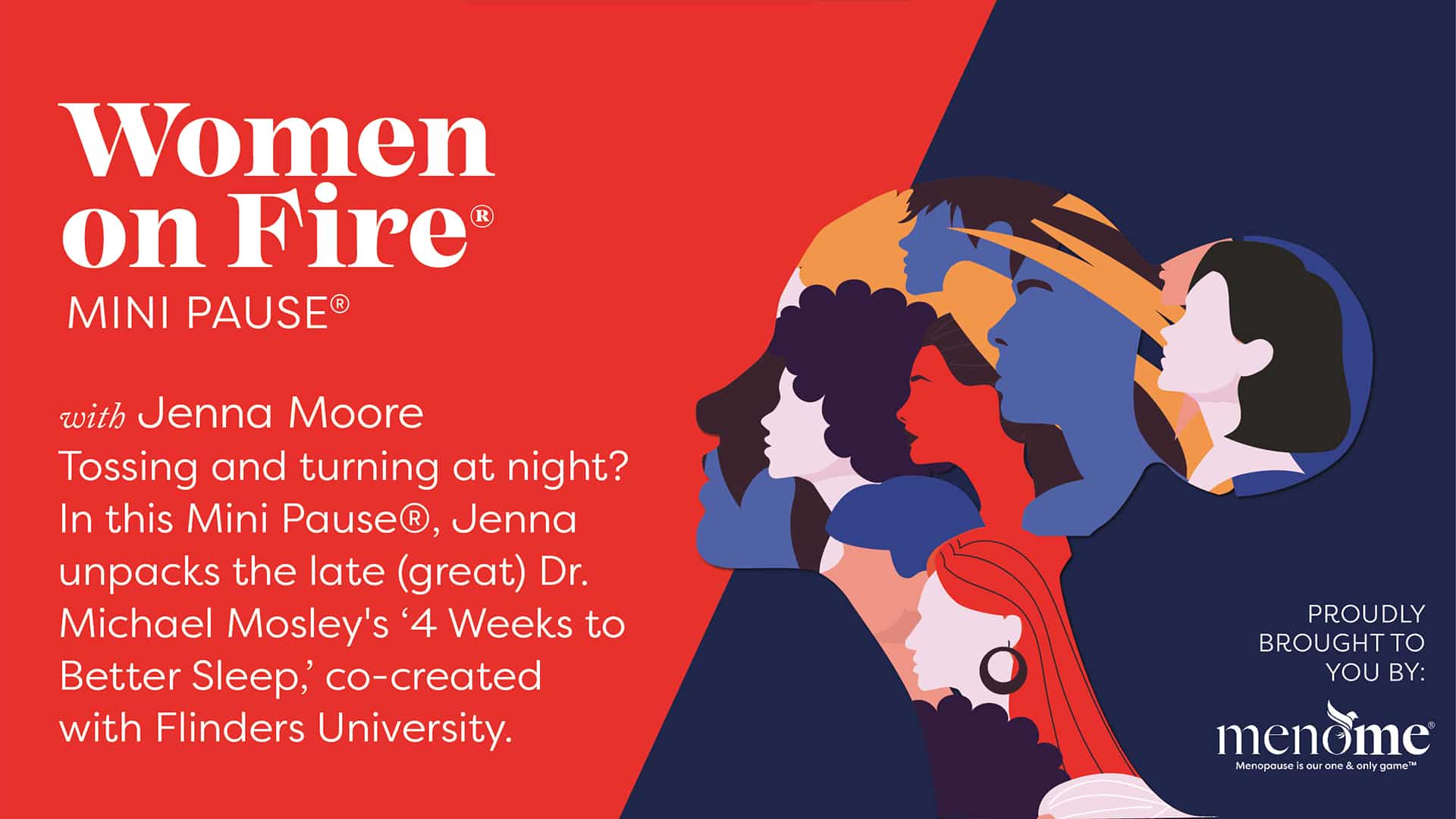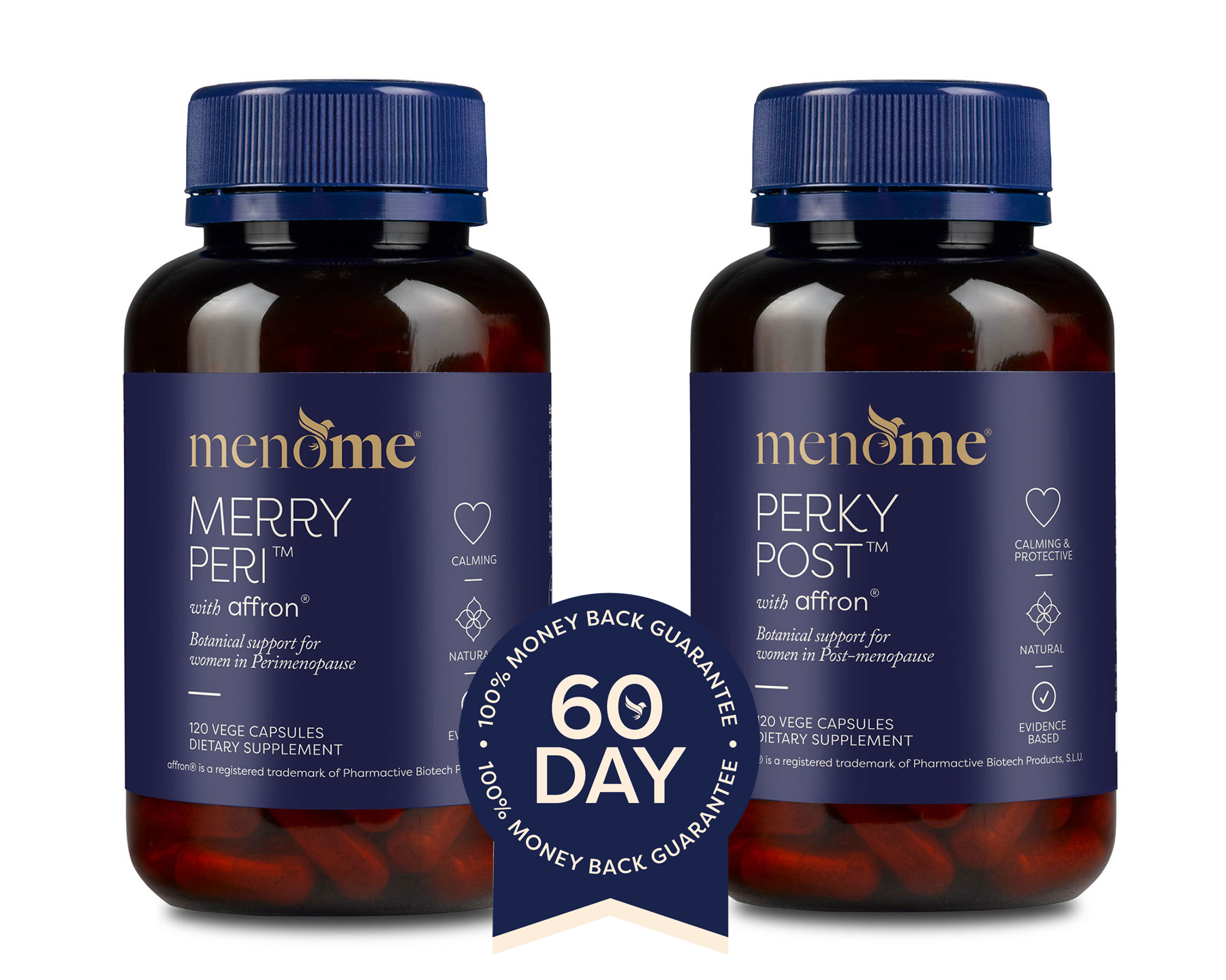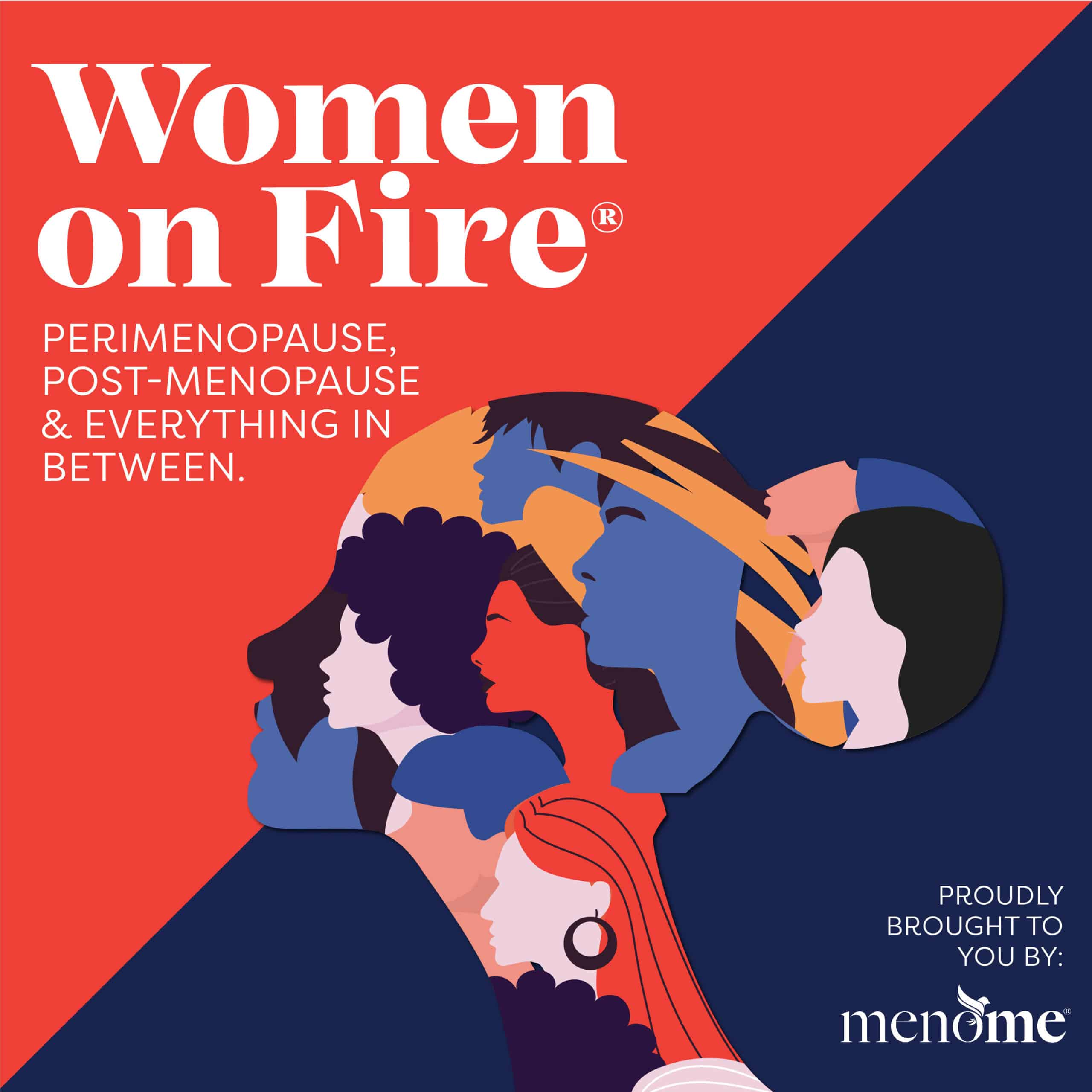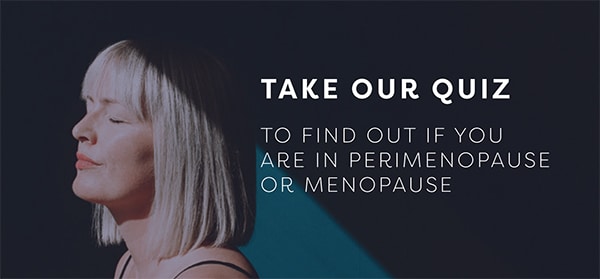Dr Mosley reminds us that severe sleep issues should get expert support but he was confident the advice in his book could make a difference for most.
We planned to invite Dr Mosley onto the show just before his untimely passing during a holiday in Greece with his wife, Claire. His loss is felt by millions of fans who followed his findings. Rest in peace, Dr. Mosley – you were truly one of a kind.
Podcast Episode
Subscribe to the Women on Fire® podcast here to listen on your favourite podcast platform.
In this episode, we talk about
- 00:00 Introduction
- 01:04 About Dr Michael Mosley
- 03:46 How many people have problems with sleep?
- 04:52 Sleep and its link to health
- 06:51 Why are you sleeping badly?
- 07:42 The science of sleep: deep sleep and REM sleep
- 10:44 Sleep and weight gain
- 11:53 Sleep and metabolic syndrome
- 13:00 Sleep, mood, libido and hormones
- 13:34 How much sleep do we need?
- 13:58 Quiz: are you sleep deprived?
- 15:00 Circadian rhythm and chronotypes
- 18:28 Are you a lark or an owl?
- 19:30 Tips to help you sleep better
- 23:12 Summary
- 24:18 How to check if you’re getting enough
- 24:42 Sponsor message about MenoMe® botanical sleep support
Episode Resources:
- Read: 4 Weeks to Better Sleep: A life-changing plan for deep sleep, improved brain function and feeling great here or here
- Watch/Read with Flinders Unversity Sleep Institute here
- Download: Dr Michael Mosley’s Sleep Diary here
- Download: Sleep Hygiene Sheet here
- Leave a tribute for Dr Michael Mosley here
- Botanical sleep support: Merry Peri® for peri & Perky Post for post-menopause here
Video Version
